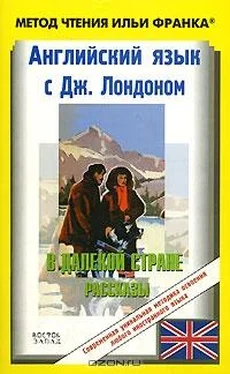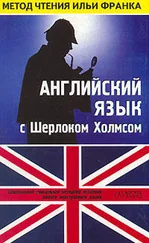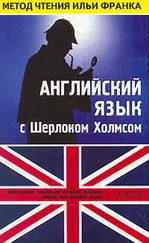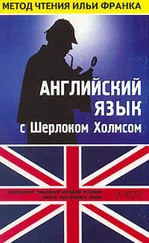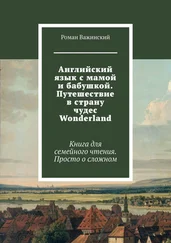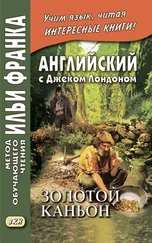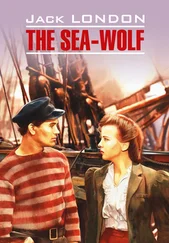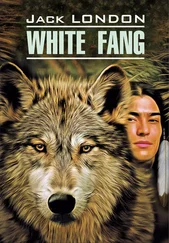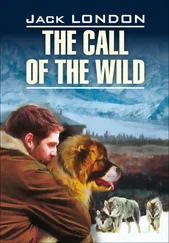stampede [stxm'pi: d], bust [bAst], guess [gqs]
It was the gosh-dangdest stampede I ever seen. A thousand dog-teams hittin' the ice. You couldn't see 'm fer smoke. Two white men an' a Swede froze to death that night, an' there was a dozen busted their lungs. But didn't I see with my own eyes the bottom of the water-hole? It was yellow with gold like a mustard-plaster. That's why I staked the Yukon for a minin' claim. That's what made the stampede. An' then there was nothin' to it. That's what I said — NOTHIN' to it. An' I ain't got over guessin' yet. — NARRATIVE OF SHORTY.
JOHN MESSNER clung with mittened hand to the bucking gee-pole (Джон Месснер держался /одной/ рукой, /которая была/ в рукавице, за поворотный шест ; to cling — цеплять/ся/, прилипать; buck — самец животного, gee — межд. но! пошел! ) and held the sled in the trail (и направлял нарты по следу; to hold — держать; sled = sledge — сани, нарты; trail — след, тропа, тащить/ся/ ). With the other mittened hand he rubbed his cheeks and nose (другой рукой в рукавице он тер свои щеки и нос). He rubbed his cheeks and nose every little while (он тер свои щеки и нос то и дело: «каждый малый промежуток времени»). In point of fact, he rarely ceased from rubbing them (по сути дела, он редко переставал/прекращал тереть их), and sometimes, as their numbness increased, he rubbed fiercely (а иногда, когда их окоченение/онемение усиливалось, он тер неистово). His forehead was covered by the visor of his fur cap (его лоб был покрыт козырьком его меховой шапки), the flaps of which went over his ears (свешивающиеся концы которой закрывали его уши; to go over ). The rest of his face was protected by a thick beard, golden-brown under its coating of frost (остальное лицо: «остаток его лица» было защищено густой бородой, золотисто-коричневой под покрывающим ее инеем).
mitten [mItn], rub [rAb], cease [sI: s], numbness ['nAmnIs], increase [In'krI: s]
JOHN MESSNER clung with mittened hand to the bucking gee-pole and held the sled in the trail. With the other mittened hand he rubbed his cheeks and nose. He rubbed his cheeks and nose every little while. In point of fact, he rarely ceased from rubbing them, and sometimes, as their numbness increased, he rubbed fiercely. His forehead was covered by the visor of his fur cap, the flaps of which went over his ears. The rest of his face was protected by a thick beard, golden-brown under its coating of frost.
Behind him churned a heavily loaded Yukon sled (позади него, раскачиваясь, скользили тяжело нагруженные юконские нарты; to churn — взбалтывать, вспенивать; сбивать масло ) and before him toiled a string of five dogs (перед ним тащилась упряжка = вереница из пяти собак; to toil — с трудом идти, усиленно трудиться; string — веревка; струна ). The rope by which they dragged the sled rubbed against the side of Messner's leg (веревка = постромка, которой они тянули нарты, терлась о ногу Месснера: «о сторону ноги Месснера»). When the dogs swung on a bend in the trail, he stepped over the rope (когда собаки поворачивали на изгибе дороги, он переступал через веревку; to swing — качать/ся/, вертеть/ся/ ). There were many bends, and he was compelled to step over it often (поворотов: «изгибов» было много, и он был вынужден переступать через нее часто). Sometimes he tripped on the rope, or stumbled (иногда он цеплялся за веревку или спотыкался), and at all times he was awkward (и всегда он был неуклюжим/неловким), betraying a weariness so great that the sled now and again ran upon his heels (/его движения/ выдавали огромную усталость: «выдавая усталость настолько большую», что нарты снова и снова наезжали ему на пятки = ноги; to run upon — натолкнуться, наскочить на что-либо ).
churn [tSq: n], compel [kqm'pql], stumble [stAmbl], awkward ['O: kwqd], weariness ['wIqrInIs]
Behind him churned a heavily loaded Yukon sled, and before him toiled a string of five dogs. The rope by which they dragged the sled rubbed against the side of Messner's leg. When the dogs swung on a bend in the trail, he stepped over the rope. There were many bends, and he was compelled to step over it often. Sometimes he tripped on the rope, or stumbled, and at all times he was awkward, betraying a weariness so great that the sled now and again ran upon his heels.
When he came to a straight piece of trail (когда он выехал на прямой участок: «кусок» дороги), where the sled could get along for a moment without guidance (где нарты могли продвигаться вперед некоторое время без управления), he let go the gee-pole and batted his right hand sharply upon the hard wood (он отпустил шест и ударил свою правую руку резко по крепкому/твердому дереву; to let — позволять, разрешать ). He found it difficult to keep up the circulation in that hand (он находил это трудным = было трудно поддерживать кровообращение в этой руке; to find; to keep — хранить, держать ). But while he pounded the one hand (но пока/в то время как он колотил одну руку), he never ceased from rubbing his nose and cheeks with the other (он вовсе /не/ переставал/прекращал тереть свой нос и щеки другой / рукой/).
"It's too cold to travel, anyway (во всяком случае, слишком холодно, /чтобы/ разъезжать/передвигаться)," he said (сказал он). He spoke aloud, after the manner of men who are much by themselves (он говорил громко, как люди, привыкшие к одиночеству). "Only a fool would travel at such a temperature (только глупец/дурак будет разъезжать при такой температуре). If it isn't eighty below, it's because it's seventy-nine (если /сейчас/ не восемьдесят /градусов/ ниже нуля, это потому, что семьдесят девять)."
guidance ['gQId(q)ns], circulation ["sq: kju'lqIS(q)n], pound [pQund]
When he came to a straight piece of trail, where the sled could get along for a moment without guidance, he let go the gee-pole and batted his right hand sharply upon the hard wood. He found it difficult to keep up the circulation in that hand. But while he pounded the one hand, he never ceased from rubbing his nose and cheeks with the other.
"It's too cold to travel, anyway," he said. He spoke aloud, after the manner of men who are much by themselves. "Only a fool would travel at such a temperature. If it isn't eighty below, it's because it's seventy-nine."
Читать дальше
